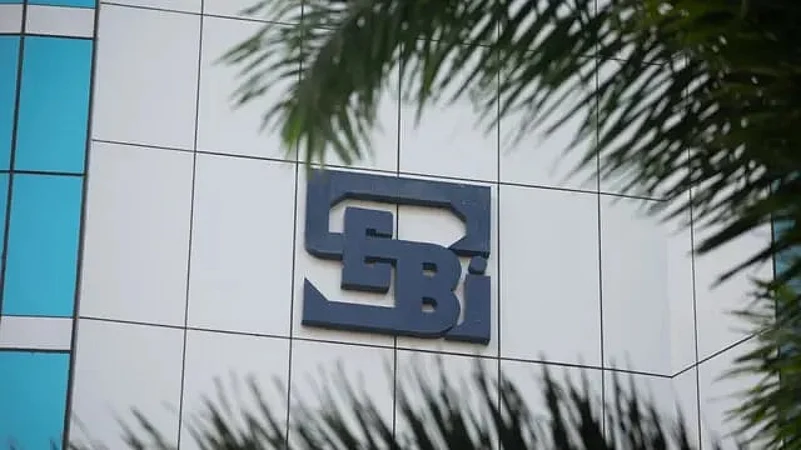The Securities and Exchange Board of India (Sebi) has extended the timeline related to the applicability of certain guidelines in the (KYC) and the KYC registration agencies (KRA) verification.
Sebi had originally issued a circular on April 6, 2022 about certain amendments in KYC and KRA guidelines. Now, it has granted a time extension in the applicability of clause 9 and clause 13 of the April regulation. Clause 9 and clause 13 will now be applicable from August 1, 2022 instead of July 1, 2022, Sebi announced in its recent circular.
“Sebi has received requests from KRAs to extend the timelines for applicability of clause 9 and clause 13,” read the new circular by Sebi.
What Did Clause 9 And Clause 13 Say?
Sebi amended the KRA-KYC guidelines, saying that now KRAs shall independently validate all records of both new and existing clients whose KYC records were completed using Aadhaar as an officially valid document (OVD). And for those clients who have completed KYC using non-Aadhaar OVD, their records will be validated only after they have given their Aadhaar number.
Clause 9 of the amendment (April circular) said that KYC records of all existing clients who used Aadhaar as an OVD shall be validated within a period of 180 days from July 1, 2022. In another circular, Sebi has granted an extension to this clause 9, which will now be applicable from August 1, 2022.
Clause 13 of the earlier amendment circular (April) said that the KYC records shall be validated for both new and existing clients, and the process for doing so would start from July 1, 2022. Now in this June circular, Sebi has granted an extension, and clause 13 will now be applicable from August 1, 2022.

What KYC Details Are To Be Validated?
In its earlier April circular, Sebi had laid out an extensive list of guidelines to be followed while validating a client’s KYC details. In this regard, Sebi had made the following announcements.
Aadhaar: Sebi said that the Aadhaar number of every client shall be verified only through Unique Identification Authority of India (UIDAI) authentication or verification mechanism.
Communication Details: For those clients who have either not given the same number as their Aadhaar, or have not seeded their mobile number and email with Aadhaar, then the KRA will have to validate their number, email using the OTP validation method.
PAN: Sebi said that PAN details will have to be verified using the Income Tax Database only.
After KRAs have successfully validated the KYC of client records, a KRA identifier number will be assigned, and clients can use this number for quoting whenever they require to transact with another intermediary, which requires any KYC verification.













